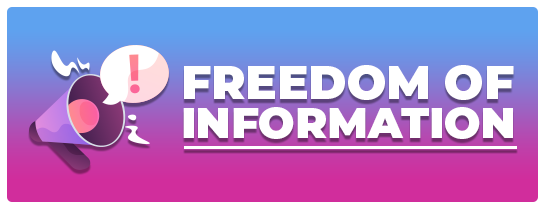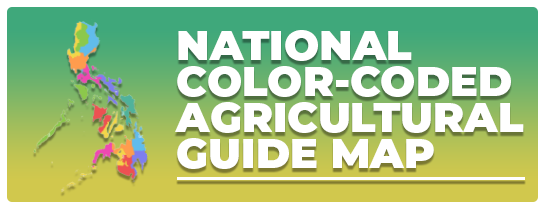GAP-Certified Cogon Hills Farm demonstrates safer and smarter farming in Panit-an, Capiz
Posted by: RAFIS DA6 | Posted at: April 6, 2025

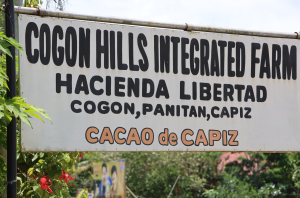

GAP-Certified Cogon Hills Integrated Farm in Barangay Cogon, Panit-an, Capiz showcases how applying safer and smarter farming practices through Good Agricultural Practices (GAP) certification can lead to more organized, sustainable, and food-safe agricultural operations.
Formerly a sugarcane farm, Cogon Hills Integrated Farm has transformed into a diversified farming enterprise that now cultivates cacao, jackfruit, dwarf coconuts, and native Criollo cacao varieties. The farm, owned by Dr. Rose Marie Conlu, began planting certified cacao seedlings in 2018.
As the farm expanded to include 13 varieties of cacao, over 100 jackfruit trees, and around 120 native Criollo trees, the need for a structured farming approach became apparent.
“We need GAP certification on this farm because before we didn’t have much focus,” said Dr. Conlu.
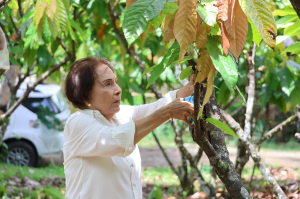
Initially, the farm used natural farming inputs like molasses, seaweed, and homemade pesticides. However, the lack of standardized safety procedures and monitoring presented challenges, especially in managing waste and ensuring worker safety.
Support from the DA Western Visayas (DA-WV) Regulatory Division played an important role in addressing these issues. A seminar conducted by DA-WV helped farmworkers understand and apply proper safety and sanitation measures. This brought about significant improvements in their daily operations.
Now, Cogon Hills Integrated Farm has dedicated storage areas for tools and fertilizers. Biodegradable waste, such as cacao pods, is recycled into organic fertilizer, and cacao vinegar is used as a natural pesticide. The farm also strictly segregates toxic and non-toxic waste to minimize environmental impact.
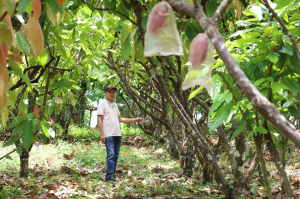


Farm monitoring has become a daily routine. Workers now wear proper protective gear and document farm inputs and activities consistently. These changes are necessary in maintaining food safety and operational efficiency in the farm.
“GAP taught us the importance of monitoring, using protective attire, and ensuring safety for both our workers and the environment,” Dr. Conlu said.
The transition of GAP took about a year and a half, with regular visits, guidance, and technical assistance from DA-WV Regulatory personnel, led by GAP Focal Person Rene Baldevia. While training farmworkers to adopt new practices was challenging, Dr. Conlu emphasized that the long-term benefits outweigh the difficulties.
GAP certification has not only improved the farm’s systems but also strengthened its commitment to sustainable agriculture. While Cogon Hills primarily uses organic fertilizers, it applies inorganic inputs only once a year- ensuring both productivity and food safety are prioritized.
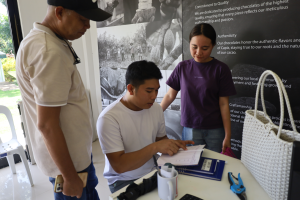


“How a GAP farm should be run- that is very important. We are more aware now of food safety, the environment, and especially worker safety and welfare,” Dr. Conlu added.
With continued support and adherence to GAP standards, Cogon Hills Integrated Farm stands as a model for safe, sustainable, and efficient farming in the province of Capiz. ###
Text by: Myleen Subang & Photos by: Myleen Subang and Cristine Lauresta




